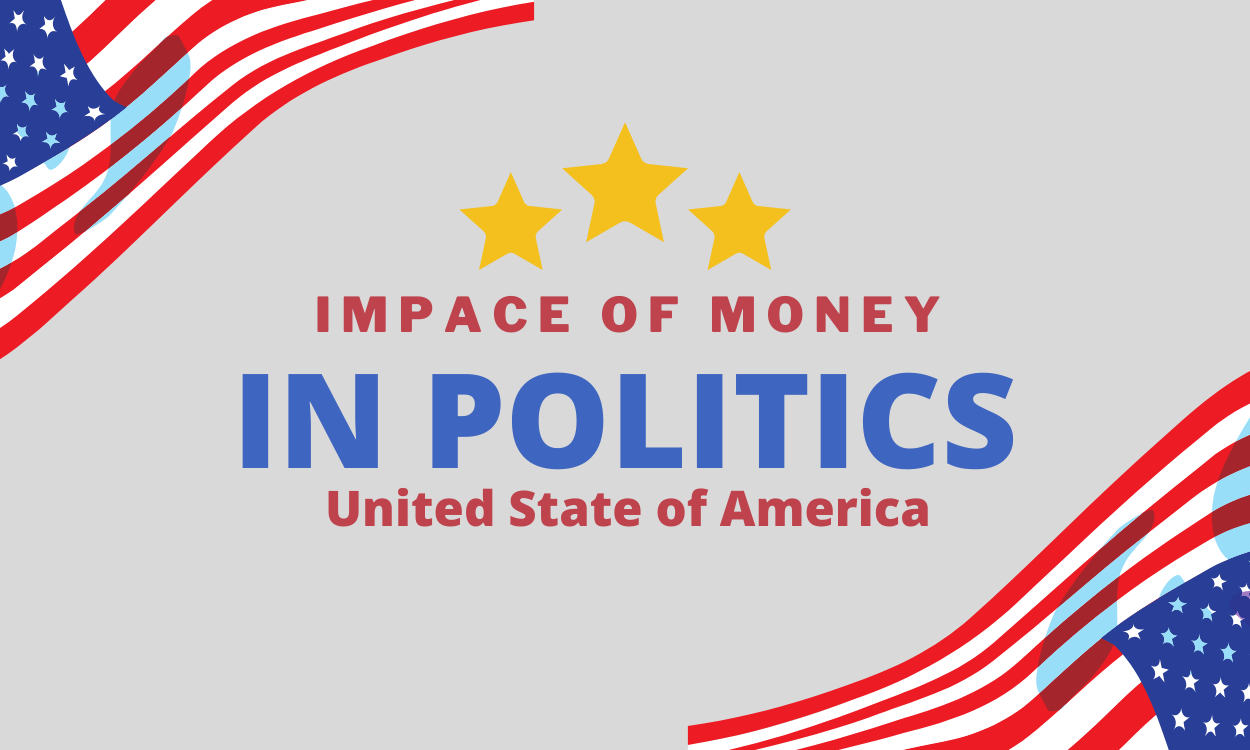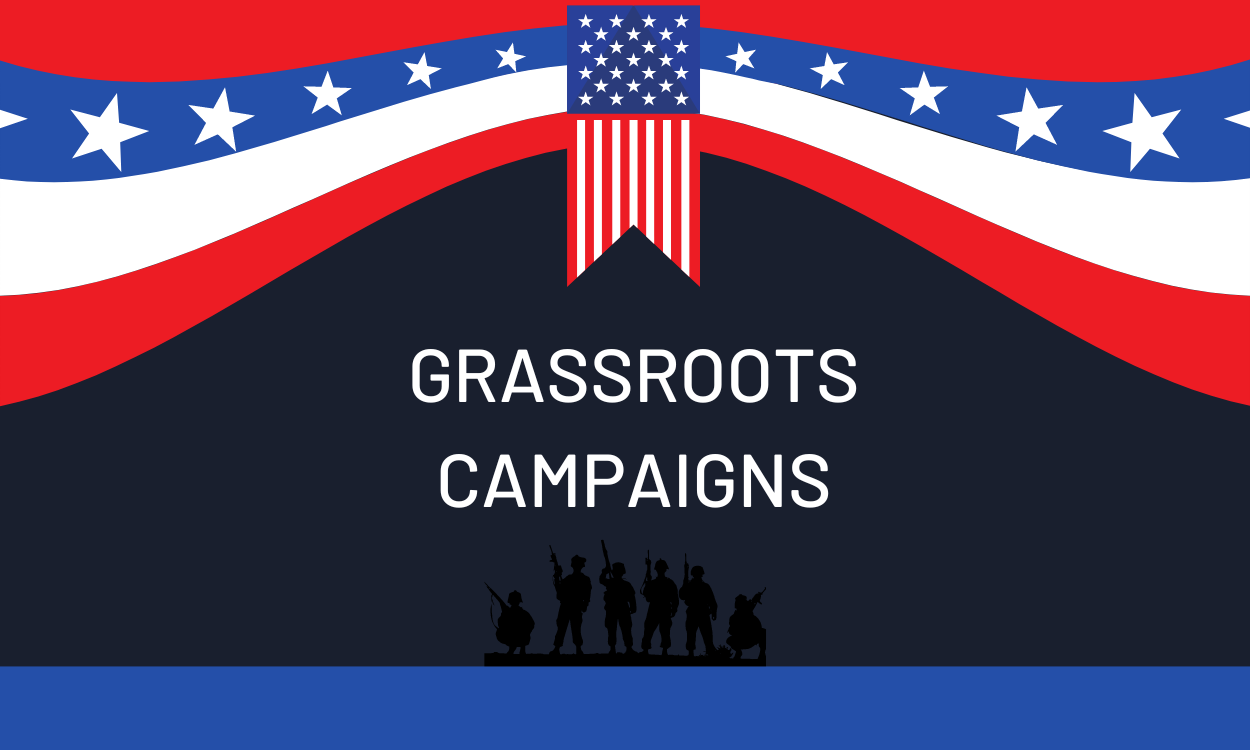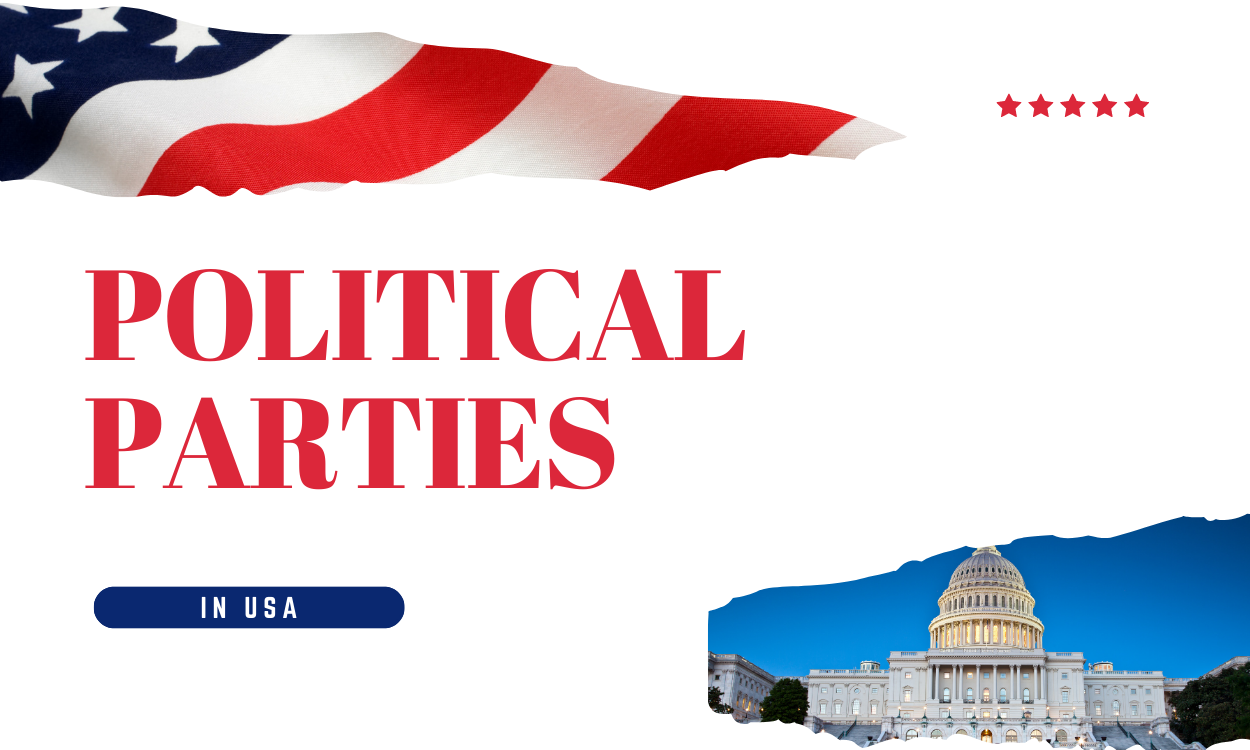Money has long been a defining factor in American politics, shaping the electoral process and policy outcomes. This blog post delves into the intricate relationship between money and politics, exploring the influence of campaign financing on the U.S. political landscape.
Understanding the Role of Money in Politics
The role of campaign financing in election campaigns Campaign financing refers to the financial resources necessary to run political campaigns, including funding for advertising, staff salaries, travel expenses, and other campaign-related activities. Money is crucial for candidates to effectively communicate their message, build name recognition, and connect with voters.
The influence of money on policymaking and legislation Money in politics extends beyond elections. Campaign contributions and lobbying efforts can significantly impact policymaking and legislation. Individuals, corporations, and special interest groups with substantial financial resources can wield influence by supporting candidates who align with their interests and by lobbying for favorable policies.
The Supreme Court’s role in shaping campaign finance laws The Supreme Court has played a significant role in shaping campaign finance laws through its interpretation of the Constitution. Key decisions, such as Citizens United v. FEC in 2010 and McCutcheon v. FEC in 2014, have had a profound impact on campaign finance regulations and the ability of individuals and organizations to contribute to political campaigns.
The Evolution of Campaign Financing Regulations
Early Campaign Finance Laws In response to concerns about corruption and the influence of money in politics, the United States implemented campaign finance laws to regulate political contributions and expenditures. The Federal Election Campaign Act (FECA) of 1971 was a landmark legislation that established disclosure requirements, contribution limits, and public financing for presidential campaigns. The creation of the Federal Election Commission (FEC) in 1975 further enforced campaign finance regulations.
The Impact of Citizens United v. FEC The Supreme Court’s decision in Citizens United v. FEC expanded the role of money in politics by allowing corporations and unions to make unlimited independent expenditures to support or oppose political candidates. This decision opened the door for the rise of Super Political Action Committees (PACs) and increased the influence of money in elections.
The rise of Super PACs and unlimited political spending Super PACs emerged as a result of Citizens United, enabling individuals, corporations, and unions to contribute unlimited funds to these independent expenditure committees. Super PACs can engage in issue advocacy and run advertisements supporting or attacking candidates, as long as they do not coordinate directly with the candidates’ campaigns. The proliferation of Super PACs has led to significant increases in political spending.
Major Players in Campaign Financing
Individual Donors and Wealthy Contributors Individual donors, particularly those with significant wealth, can exert considerable influence on political campaigns. They can contribute directly to candidates, party committees, and PACs, providing substantial financial support to advance their preferred policies or candidates. Wealthy contributors can shape the electoral landscape by funding campaigns, supporting advertising efforts, and even financing their own bids for public office.
Political Action Committees (PACs) and Super PACs Political Action Committees (PACs) are organizations established to raise funds and make contributions to political campaigns. They represent various interests, including labor unions, corporations, and advocacy groups. PACs pool contributions from individuals and distribute the funds to candidates and parties. Super PACs, as mentioned earlier, can accept unlimited contributions and spend unlimited amounts independently of candidates.
Corporations and Interest Groups Corporations and interest groups can utilize their financial resources to support political campaigns and influence policy outcomes. Through corporate PACs or direct contributions, companies can support candidates who align with their business interests. Interest groups, such as labor unions, environmental organizations, or professional associations, also contribute to campaigns and lobby for policies favorable to their members.
The Consequences of Money in Politics
Influence on Elections and Candidates Money in politics can significantly influence election outcomes. Well-funded campaigns have a greater ability to reach voters, run extensive advertising campaigns, and mobilize supporters. Candidates with access to substantial financial resources often have a competitive advantage, making it challenging for less affluent candidates to compete on a level playing field. The influence of money on elections raises concerns about the fairness of the democratic process and the representation of all citizens’ voices.
Policy Outcomes and Legislative Agendas Campaign contributions and lobbying efforts can shape legislative priorities and policy decisions. Politicians may be more inclined to listen to the concerns and demands of donors who have contributed significant amounts to their campaigns. This can result in policies that align with the interests of the wealthy and powerful, potentially undermining the representation of marginalized groups or less affluent citizens. The influence of money in politics raises questions about the extent to which elected officials prioritize the needs of their constituents versus the interests of their financial backers.
Proposed Reforms and Solutions
Campaign finance reform efforts There have been ongoing efforts to reform campaign finance laws to reduce the influence of money in politics. Proposed reforms include stricter disclosure requirements, tighter contribution limits, public financing options, and measures to promote transparency and accountability in campaign financing. These reforms aim to level the playing field, limit the impact of wealthy donors, and enhance the role of ordinary citizens in the political process.
Public financing options for campaigns Public financing systems, such as the matching funds program in New York City, provide candidates with public funds to run their campaigns. This reduces their reliance on private contributions and decreases the potential for undue influence from wealthy donors. Public financing options seek to promote a more equitable and inclusive political system that allows candidates from diverse backgrounds to compete without being beholden to powerful interests.
Strengthening disclosure requirements and transparency Enhancing transparency in campaign financing is essential to ensure accountability and inform voters. Strengthening disclosure requirements can shed light on the sources of campaign contributions and the influence of special interest groups. This information empowers voters to make informed decisions and holds candidates and elected officials accountable for their financial relationships.
Conclusion
The influence of money in U.S. politics cannot be underestimated. As the role of campaign financing continues to evolve, it is crucial to examine the consequences and explore potential reforms to ensure a fair and transparent democratic process that truly represents the will of the people. By addressing issues related to campaign finance regulations, promoting transparency, and exploring public financing options, the United States can take steps towards a political system that is more responsive to the needs and interests of all citizens.


